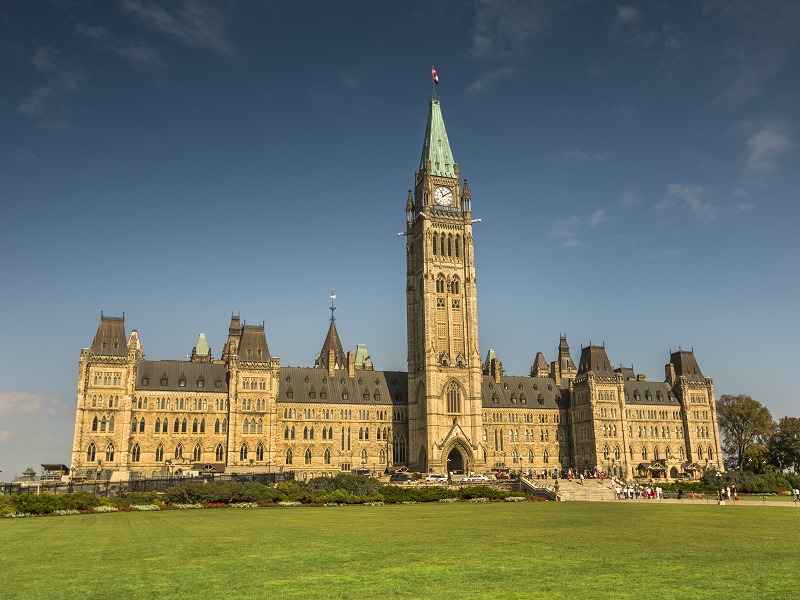
In its 2021 budget on Monday, the federal government said it’s proposing nearly $30 billion over the next five years towards a national community-based childcare system.
The budget stated that starting in 2021/2022, an investment of up to $27.2 billion over five years will bring the federal government to a 50/50 share of childcare costs with provincial and territorial governments, as part of initial five-year agreements. Future objectives and distribution of funding starting in year six would be determined based on an understanding of need and progress achieved as part of this initial plan, the feds said.
Read: Feds must quickly build national childcare system on existing format: report
The proposal also aims to reduce fees for regulated childcare down to an average of $10 per day within the next five years in all provinces outside of Quebec — which already has affordable fees through its provincial childcare system — with a goal of achieving a 50-per cent reduction in average childcare fees by the end of 2022.
According to a recent report by the C.D. Howe Institute, accessible and affordable childcare will play a significant role in determining whether parents — primarily mothers — can return to their pre-pandemic trajectories of employment and wages.
The budget also proposed the extension of the Canada Emergency Wage Subsidy and Emergency Rent Subsidy and Lockdown Support until Sept. 25, while gradually decreasing the subsidy rate as companies transition to a new Canada Recovery Hiring Program, which would run from June to November. In addition, the government said it will seek the legislative authority to further extend the subsidy programs until Nov. 20, 2021, if necessary.
Read: Ontario’s budget highlights pension benefits, ongoing support for employers and employees
The government also proposed $3 billion over the next five years to increase sickness benefits through employment insurance from 15 to 26 weeks, starting in summer 2022. And it intends to introduce legislation that will establish a federal minimum wage of $15 per hour, with provisions to ensure employees are paid more where provincial or territorial minimum wages are higher.
While a universal national pharmacare program wasn’t part of this budget, the government reiterated its support by stating it will proceed with a previously-announced $500-million funding program for high-cost drugs used in treating rare diseases. The government will also directly engage with willing partners on national universal pharmacare, alongside other important health priorities that can be advanced at the provincial and territorial level, the budget said.
Read: Benefits plan members, sponsors cite low levels of knowledge on pharmacare: survey
